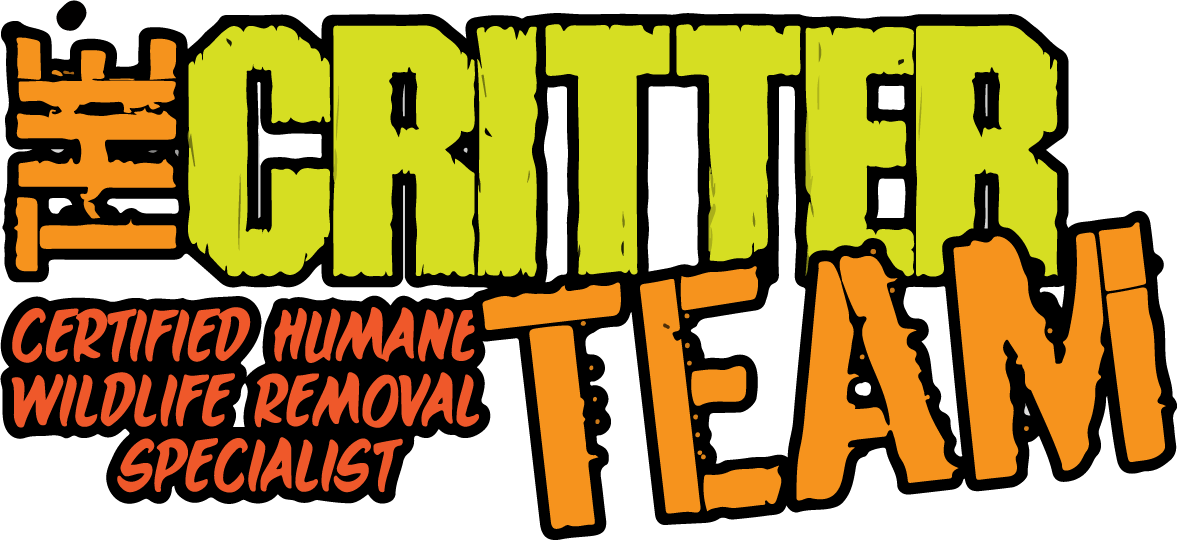Raccoons and rabies are a concerning issue for Texas residents. It is crucial to be aware of the risks associated with these creatures and the potential for rabies transmission. Raccoons are common carriers of the rabies virus, with Texas being one of the states reporting the highest number of cases. Rabies is a viral disease that affects the central nervous system and can be fatal if left untreated. The most common mode of transmission is through bites or scratches from infected animals. Raccoons are known to exhibit aggressive behavior when infected, making it even more important to exercise caution around them. It is essential for Texas residents to understand the signs of rabies in raccoons, such as disorientation, excessive drooling, and aggression. If you encounter a raccoon displaying these symptoms, it is crucial to avoid any contact and promptly report it to local animal control authorities. Additionally, residents should ensure that their pets are up to date on their rabies vaccinations and avoid leaving pet food or garbage outside, as this may attract raccoons and increase the risk of exposure. By staying informed and taking necessary precautions, Texas residents can protect themselves and their pets from the dangers associated with raccoons and rabies.
Raccoons and Rabies in Texas: What Residents Need to Know
Understanding the Risk of Rabies
Rabies is a serious viral disease that affects the nervous system of mammals, including raccoons. In Texas, raccoons are one of the primary carriers of this disease. It is crucial for residents to be aware of the risks associated with raccoons and rabies.
Recognizing Rabid Raccoons
Identifying a rabid raccoon can be challenging, as symptoms can vary. However, some common signs of rabies in raccoons include disorientation, aggression, excessive salivation, and unusual vocalizations. If you encounter a raccoon displaying these behaviors, it is important to keep a safe distance and avoid any potential contact.
Transmission of Rabies
Rabies is primarily transmitted through the saliva of an infected animal. The virus can be contracted through a bite, scratch, or even contact with mucous membranes such as the eyes or mouth. It is important to note that rabies can also be transmitted from infected animals to pets, putting both animals and humans at risk.
Preventing Contact with Raccoons
To minimize the risk of rabies transmission, it is essential to avoid direct contact with raccoons. Never attempt to handle or feed wild raccoons, as this increases the likelihood of exposure to the virus. It is also important to secure trash cans and eliminate potential food sources that may attract raccoons to your property.
Protecting Your Pets
Vaccinating your pets against rabies is crucial in preventing the spread of this disease. Ensure that your dogs and cats are up-to-date with their rabies vaccinations. Additionally, it is advisable to keep your pets indoors or supervise them while outside, reducing the chances of encounters with potentially infected raccoons.
What to Do if You Encounter a Raccoon
If you come across a raccoon on your property, it is best to observe it from a safe distance. Do not attempt to trap or remove the animal yourself, as this can be dangerous and may increase the risk of exposure to rabies. Instead, contact a professional wildlife control operator who can safely handle the situation.
Professional Raccoon Removal
When dealing with raccoons, it is essential to rely on the expertise of a professional wildlife control operator. They have the knowledge, experience, and proper equipment to handle raccoon removal safely and effectively. They can also provide guidance on preventing future raccoon intrusions.
Reporting Suspected Rabid Raccoons
If you encounter a raccoon that you suspect may be rabid, it is important to report it to the local animal control or health department. They can assess the situation and take appropriate measures to protect public health. Providing accurate information about the raccoon’s behavior and location is crucial for their investigation.
Remember, when it comes to raccoons and rabies, knowledge and prevention are key. Stay informed about the risks, take necessary precautions, and seek professional assistance when dealing with raccoon-related issues. By doing so, you can help ensure the safety and well-being of both yourself and your community.
The Critter Team – Expert Wildlife Control and Animal Removal Services
At The Critter Team, we understand how important it is to maintain a safe and comfortable environment in your home or business. If you are experiencing issues with wildlife or unwanted animals, look no further! Our team of highly trained professionals is here to provide you with top-notch wildlife control and animal removal services. Whether you are dealing with raccoons, squirrels, bats, snakes, or any other critters, we have the expertise and knowledge to handle the situation efficiently and effectively. Our number one priority is to ensure the safety of both you and the animals involved. With years of experience in the field, we have developed humane and environmentally-friendly methods to deal with wildlife intrusions. Don’t let these unwanted visitors disrupt your peace of mind any longer – give us a call today at (281) 667-0171 for prompt and reliable assistance by The Critter Team.
